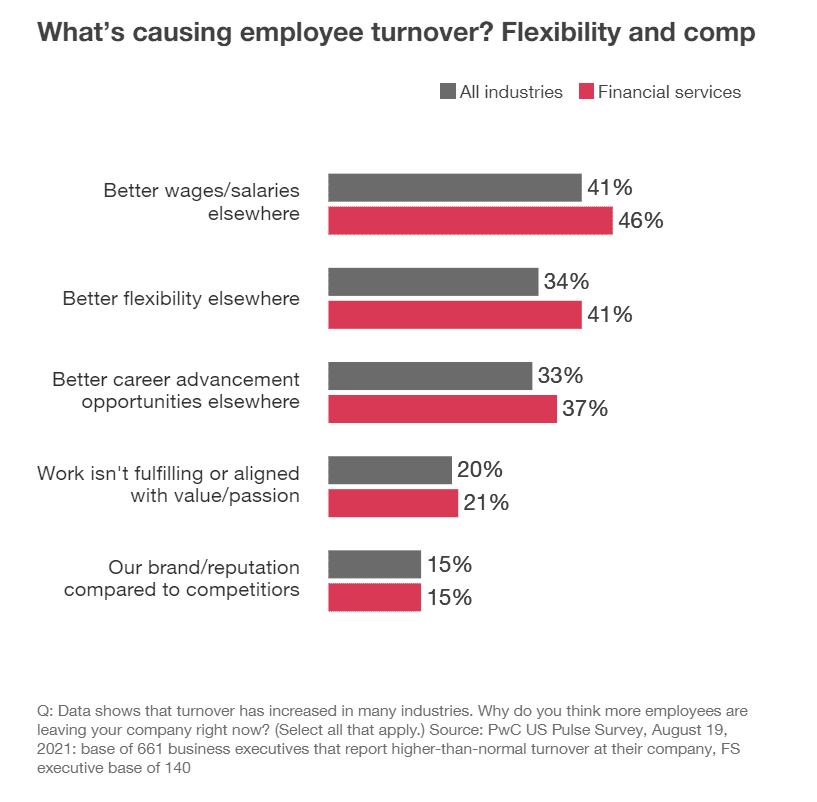What PwC Learned from Its Policy of Flexible Work for Everyone

When it comes to flexible workplace policies, the key is to actually be “flexible.” It seems counterintuitive, but having rules in place can work against you. That’s why PricewaterhouseCoopers instilled a policy they loosely call “everyday flexibility.” It isn’t something the company mandates that all teams adopt; it’s a mentality and a way of life that is meant to be individualized for each person. The key is understanding that it’s impossible to have a one-size-fits-all approach to flexibility. Every employee, at any age, benefits from and is looking for its availability. Flexibility for a caregiver might mean being able to leave work early to take an elderly parent to a doctor’s appointment. For a parent, it might mean taking a midday run, so evenings can be spent with their children. And for others, it could simply be taking an hour in the afternoon to go to a yoga class and recharge. So, make sure that internal communications about flexibility speak to all employees. Remember, if you trusted an individual enough to hire them, you also should trust them enough to get work done when and where they prefer.

No Need for the 9-5: How PwC Successfully Built a Culture of Work Flexibility

PwC: Companies tweak leave policies, offer flexible work arrangements to promote better work-life balance - The Economic Times

Enabling employees to personalize their career paths led to a 20% increase in job applications at PwC - Future Forum

A work style that suits you

PwC's UK staff to split office and homeworking after Covid crisis, PwC

PwC's flexible working strategy 'a step in the right direction

Flexibility is a deal-breaker for consultancies to hire and keep staff

After 5 Years of Flexible work, PwC Shares Lessons Learned so Far

What is Agile Project Management, and how it empowers team members - Pathstream

PwC Pulse Survey: Next in Work - ICDM






:max_bytes(150000):strip_icc()/GettyImages-536906989-566ef3c03df78ce161a406c4.jpg)


